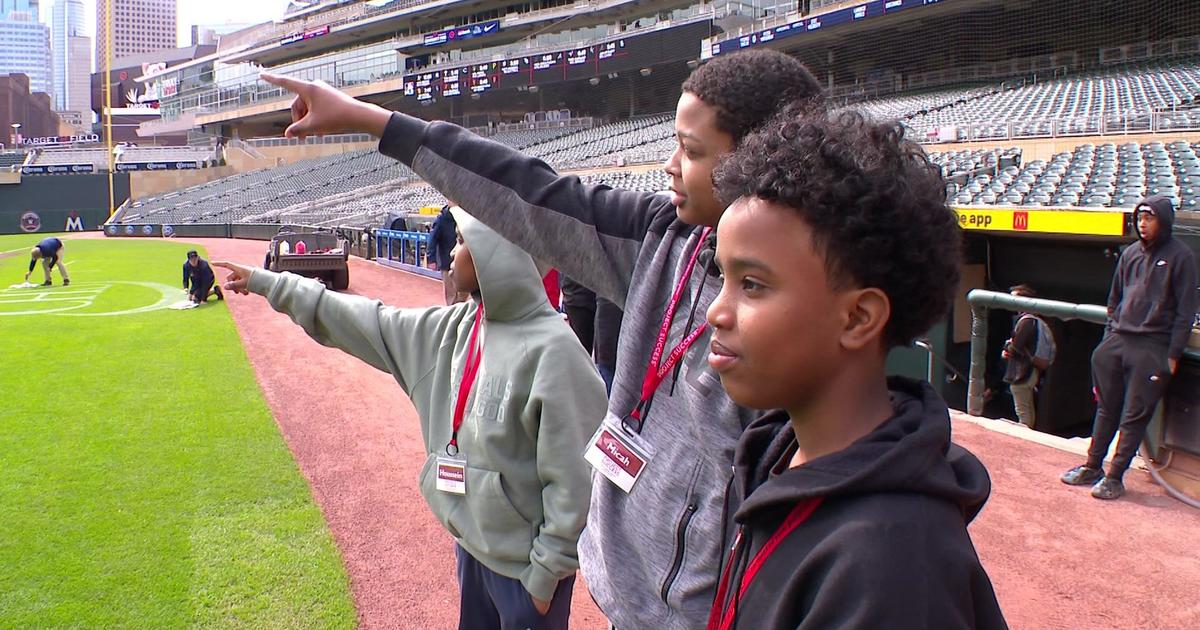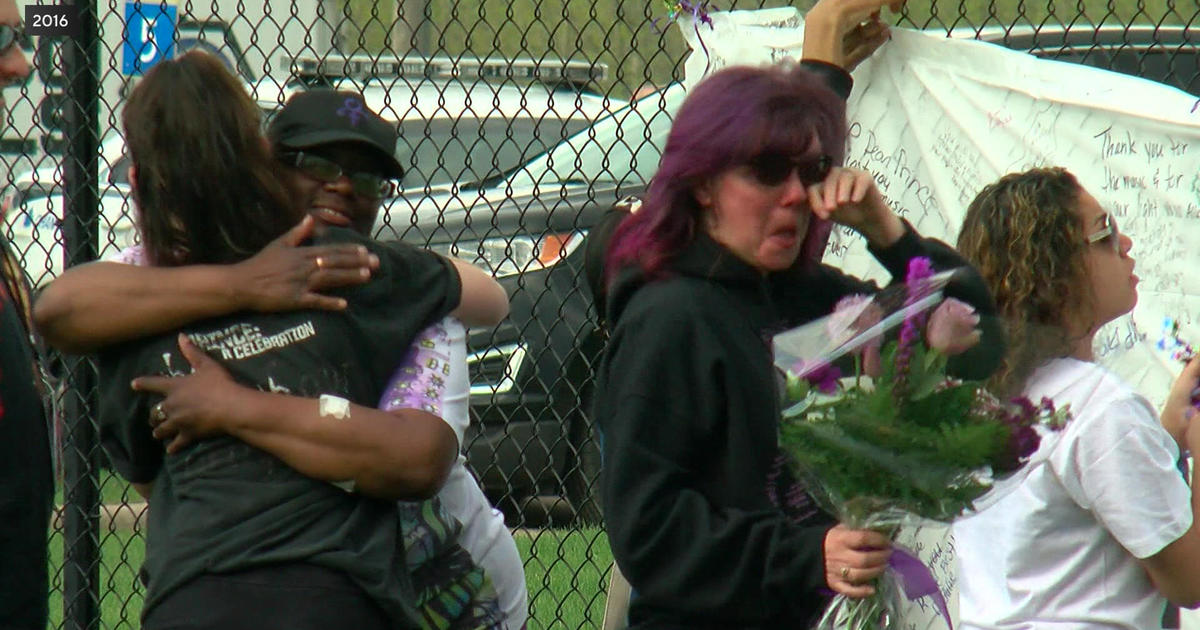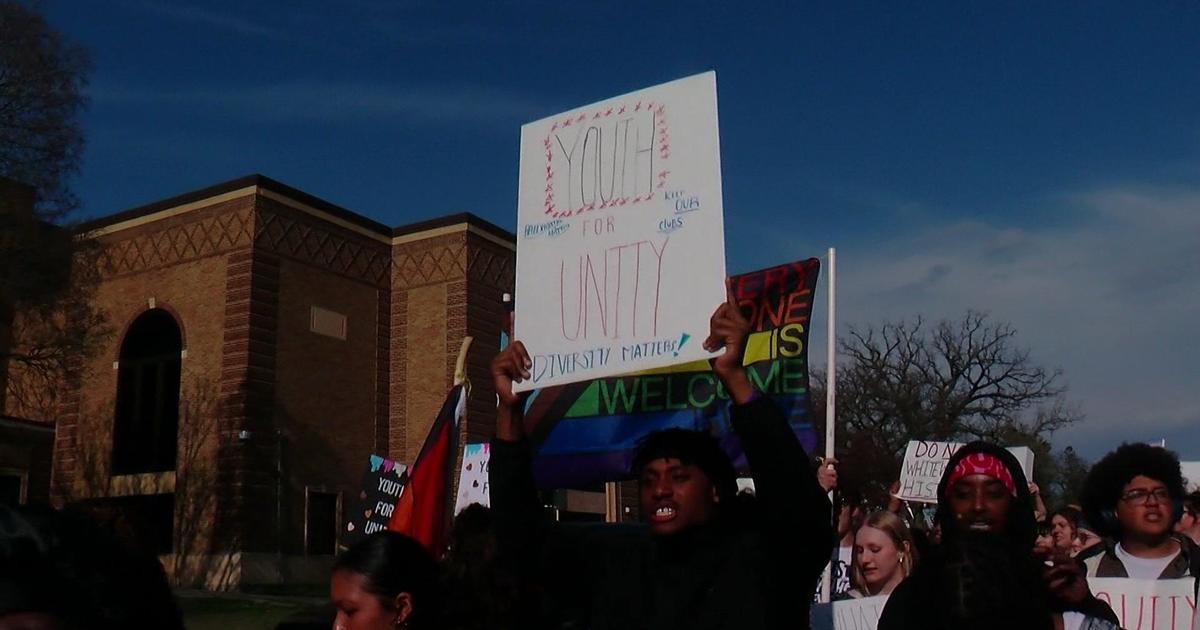Study: Bullying Can Affect Students' Physical Health
MINNEAPOLIS (WCCO) -- Bullying is becoming an increasingly high-profile problem in schools across our state and the country. A new study suggests the effects of name calling aren't just emotional but physical, as well.
Christina Wagner, a junior at Edina High School, used to walk the halls fearing her so-called friends. She started middle school never dreaming her next five years would be a nightmare.
"I was a popular girl," she said. "I had a lot of friends. After the boys started treating me like that, the girls didn't want anything to do with me."
Soon the name-calling and taunting got to be too much. Wagner's grades dropped, her attitude changed and pressure of dealing with all of it triggered panic attacks and made her sick.
"Throughout the years, my self-esteem went so far down it created an eating disorder," she admitted. "I couldn't look at myself because if everyone else didn't like me, I couldn't like myself."
Pacer's National Bully Prevention Center is one of the biggest resources in the country for parents, teachers and kids. They say bullying can cause depression and anxiety.
New research has found bullied children are twice as likely as non-bullied children to experience psychosomatic symptoms -- like headaches, stomach aches and bed wetting.
"I think we used to look at this as an issue our schools need to deal with, but with this report showing there are physical and emotional issues with it, we want to be involving our pediatricians," Pacer's Julie Hertzog said. "It's something that physicians should be having on their checklist of things to talk with parents about. It's another voice in the conversation of bullying prevention."
Hertzog warns those excuses to stay at home from school may be valid. Bullying is not just an emotional problem, but a physical one too.
"If your child says they have a stomach ache, they more than likely do," Hertzog said. "Their anxiety has caused that stomach ache or not wanting to go to school."
Wagner kept her bullying a secret from her parents for five years. This summer, she spoke out so she could get help and break the cycle.
Now a high school junior, she has new friends at a new school. She talks to other kids who may be in her situation and says the best thing a parent can do if they're worried about their child is to keep asking if they're OK. And if they ask for help, listen.
The Pacer Center has free resources available to start that conversation and ways to curb that behavior.



